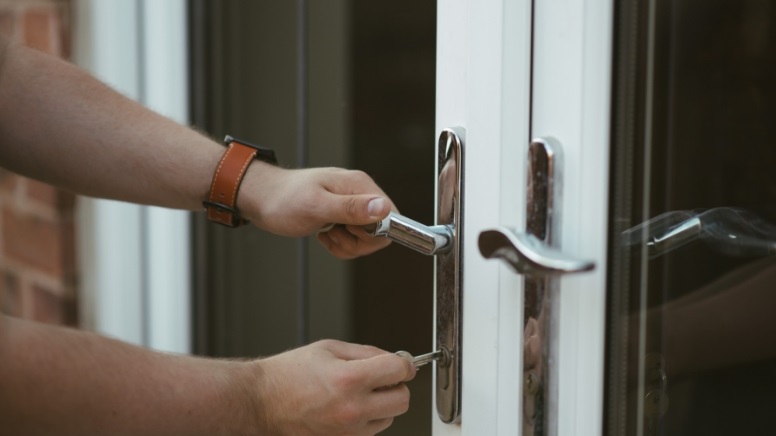Career & Legal Advice
Closing down your business? What you need to do

Closing down your business is not something you can do with just a simple click. You have to comply with certain obligations to the authorities. The actual closing down of the business has to be through Virk.dk, where you will be asked to fill in a form. So far, so good.
Notifying the tax authorities
Subsequently, you’ll have to notify SKAT (the Danish tax authorities) about closing down of your business. Notification to SKAT can only take place from November to September, because these are the months in which you can change your preliminary income assessment. When you have notified SKAT that you are closing down your business, you can start preparing tax accounts, VAT accounts and a statement of capital gains and losses.
Go to skat.dk.
Accounts and statements
Tax accounts must be prepared for the year in which you close down your business. Any assets that you own in your business must be sold, either to yourself or to others, at market price. VAT accounts must be prepared up until the date on which you close down your business. Remember to add VAT to the price of assets that you sell either to yourself or to others. Last, but not least, you have to prepare a statement of capital gains and losses from selling the assets of your business. The time limit for tax accounts and the statement of gains and losses is 1 July in the year after closing down your business.
Debt and the obligation to store records
When you close down your business, you cannot simply throw away all your documents. You have an obligation to store all business documents for ten years after closing down your business. And before closing down your business, you must have settled all your debt, as it is not possible to close down an indebted business. If your business is a sole proprietorship, you are personally liable for any debt.
Closing down via a declaration of dissolution
If you own your business together with several others, for example as an IVS, ApS or A/S, the easiest way to close down your business may be to prepare a declaration of dissolution, in which all the owners state that all debts have been paid, and that they wish to close down the business. A declaration of dissolution is the simplest way to close down a business, but it has the disadvantage that you have to deal with all the practical aspects yourself, and that you, the owner, are responsible to creditors who come forward after the closure.
IDA can guide you on where to find help if you are closing down your business.
Contact IDA
As a member, we will help you to start your firm and advise you on ownership and organisational matters. Contact IDA for legal advice.